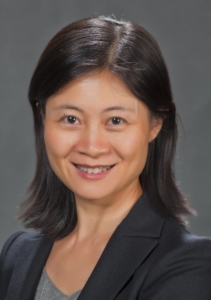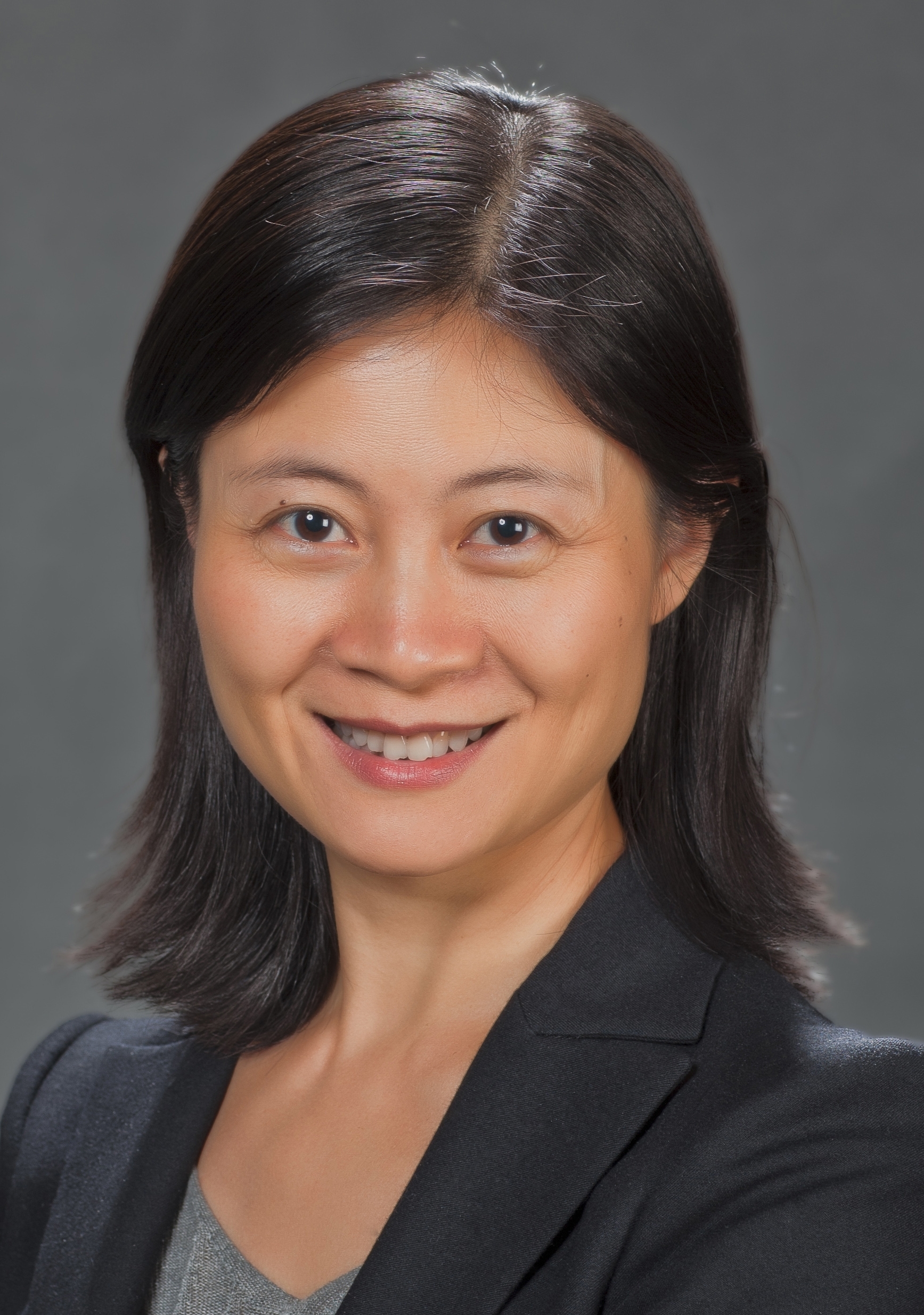Voice of Experience: Fangfang Chen, Senior Vice President, State Street
 “Because we are all different, there is not just one model that works the best. You can succeed with many different leadership styles, and you have to find the one that’s true to you. Acting like ‘someone else’ is challenging and creates too much pressure over the long run,” says Fangfang Chen.
“Because we are all different, there is not just one model that works the best. You can succeed with many different leadership styles, and you have to find the one that’s true to you. Acting like ‘someone else’ is challenging and creates too much pressure over the long run,” says Fangfang Chen.
Chen’s own personal style has been built by constantly taking on new challenges in her many career roles. She attended school in China and then came to the United States to earn her MBA at Yale. Planning to stay for only a few years, she ended up staying for 13, embarking on a consulting career and then moving into financial services with AIG and Fidelity Investments before joining State Street in 2007 with the global strategy and new venture group in Boston.
Her eight-year journey at State Street has not been a static one – it has spanned three countries and four different roles. Since it was always her plan to eventually move back to Asia, her first strategy role seemed like a great fit to understand the critical issues the organization was facing and to garner the exposure needed to a diverse and seasoned network.
This role allowed her to build a strong network with senior executives globally, and so when the head of State Street for Asia Pacific region heard of her interest in returning to China, he hired her in 2010.
Chen spent a year in Hong Kong running strategy, and was put up for promotion to senior vice president seven months after she took on this role. When her company opened a bank branch in China, she said she was pleased that her manager had the confidence to move her to Beijing to become deputy general manager. She enjoyed the diversity, as it was a completely different job from her previous strategy role to manage and grow a small branch, in addition to interacting with regulators and clients.
Fast forward a few years, her manager offered her a chance to move back to Hong Kong and assume a chief of staff role, which she seized on as a “great opportunity to work with a smart man and build new skill sets.” Her work involves driving organizational alignment to develop and execute business strategies and management priorities.
“My role is less about tangibly executing a particular strategy and more about navigating the company to build consensus and support to achieve end goals we have set.”
Willingness to Take Risks
Chen said she has always been proud of her desire to take the risk to try new things and not be afraid of failing when taking on something new.
“I’ve never been bored. Moving from location to location and taking on different roles is what has kept my experience fresh,” she said, adding that the organization is one where they encourage mobility and are willing to let their employees take the risks inherent in a new role. “They have the confidence to stretch you and develop you further.”
Her desire to learn new things comes from the excitement of seeing the “nervousness because you don’t know what you’re doing replaced by the sense of accomplishment when you master it.”
A Culture That Needs More Women
As she has climbed the career ladder, Chen has noticed an interesting trend among women. They enter the field in equal proportion and many times even grow faster, but then they plateau, whether from family obligations or other forces. “We need more role models at the top levels to help other women see how they can navigate organizations and respond to the tough questions. Sometimes I feel like I’m working in the dark, and having more women would help illuminate the path.”
Chen believes that authentic leadership is more sustainable in the long term but that women need role models to help them determine their own style.
At State Street, Chen has led the regional initiative of winning State Street the nomination by Asian Pacific Economic Corporation (APEC), as one of the 50 leading companies for women; just one of three American companies selected.
While Chen has long been focused on women’s issues, she recently took a leadership role in the State Street’s Women in Leadership program in Asia Pacific. This program focuses on three different yet interconnected initiatives: “Pay it Forward,” a structured mentoring process for younger women that helps them navigate substantive issues; Professional Women’s Network, which focuses on helping female staff build skill sets in areas such as presenting and networking; and a sponsorship program where key female talents are matched with senior executive sponsors to expand their roles and responsibilities. She also works with organizations such as Women’s Foundation in Hong Kong to build broader networks and sponsorship opportunities.
Helping Hands
For a woman to develop a sustainable career, a support network is absolutely critical. Chen says she is fortunate that her husband is sharing half of the family responsibilities and her parents are lending hands to help out.











